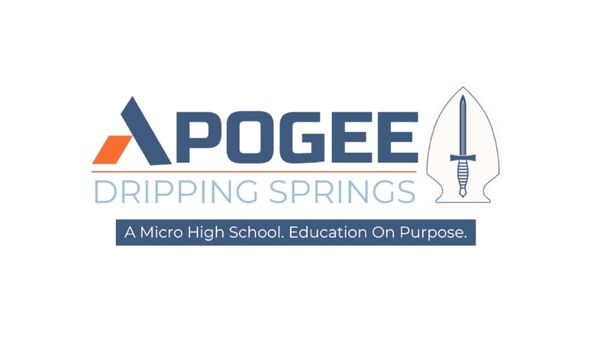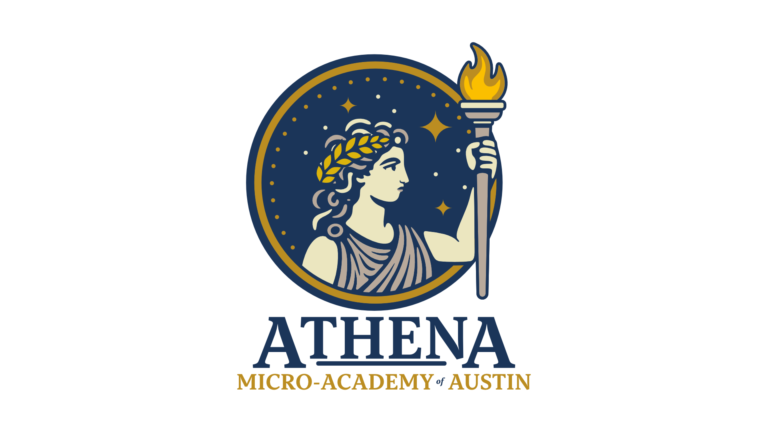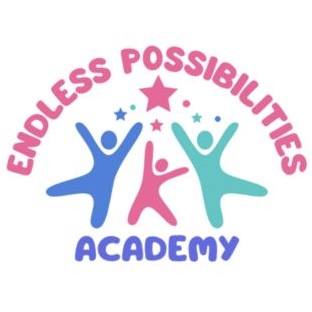Microschools in Texas
Could a Microschool Be Right for Your Family?
Microschools are small, supportive school communities led by caring educators who make learning personal.
✅ Inviting school spaces where kids develop a love for learning
✅ Inspiring educators who guide and motivate each student
✅ Learning that fits each child’s needs and strengths
✅ A welcoming community where kids feel connected

Microschools Give Families a New Option in Texas
Is your student ready for a more personal learning experience? As school choice gains momentum across Texas, microschools offer flexible, student-centered learning.
Homeschool & Online Students
Texas families are finding a new balance with homeschool, hybrid, and online learning. Microschools offer structure without rigidity, support without pressure, and community without giving up the flexibility that works for them.
Non-Traditional Learners
With a diverse population, Texas provides various educational opportunities for neurodiverse, exceptional, and bilingual students. Discover a microschool that connects with your child in a way that caters to their individual needs.
Public & Private School Students
While Texas offers a range of school choices, not every community has access to personal learning options. Microschools provide a supportive, low-stress environment where students can grow and accelerate on their own time and terms.
Microschools in Texas
Browse our map of Texas microschools to find a location near you.
We’re constantly adding new microschools.
Sign up for updates using the form below.
Sorry, unable to load the Maps API.
Are Microschools in Texas Eligible for Private School Vouchers?
Following recent legislative approval in Texas, families can now receive Education Savings Accounts (ESAs) to help cover private school tuition and other educational expenses. For microschools to qualify for these funds, they must meet specific eligibility requirements:
Accreditation: The school must be accredited by a recognized accrediting agency, such as the Texas Private Schools Association.
Voluntary Participation: Schools have the option to accept ESA funds, but participation is not mandatory.
Tuition and Fees: Schools can accept ESA funds to cover tuition and other educational expenses, but if the cost exceeds the ESA amount, families may need to pay the difference.
Texas microschools that are accredited and choose to participate can become eligible for private school vouchers under the new ESA program. Families interested in using these funds should confirm that their selected microschool meets the eligibility requirements and is willing to accept ESA funding.
Texas Microschools vs. Traditional Schools
Microschools in Texas offer unique opportunities that go beyond the classroom, with flexible, hands-on learning experiences that immerse students in local, real-world activities. Whether it’s working on conservation projects at Texas beaches, exploring the natural beauty of the Hill Country, or discovering the state’s rich history through visits to historic sites like the Alamo, microschools provide immersive learning that connects students to the heart of Texas and its vibrant communities.
Here’s how microschools in Texas stack up against public and private schools:
Microschools in Texas
Small classes for personalized attention: Students receive more one-on-one time with instructors, allowing them to focus on their strengths and grow in a supportive environment.
Flexible schedules: Many microschools offer hybrid or part-time options, letting families design schedules that best fit their needs.
Community-driven learning: With a focus on collaboration, students engage in meaningful projects, like environmental cleanups or internships with local businesses, giving them hands-on, real-world experience.
Interest-based curriculum: Students explore subjects that resonate with them, integrating learning with real-world applications.
School Choice Funding: Texas families may be able to access school choice funds for eligible microschools that are registered as a private school.
Flexible enrollment: Students can register as homeschoolers or private school students, depending on the microschool’s structure.
Ideal for personalized support: Great for families seeking a more intimate and flexible education option.
Public & Private Schools in Texas
Larger class sizes: Public and private schools often have larger classes, making it harder for students to get individualized attention.
Fixed schedules: Most traditional schools follow a rigid schedule, which may not always fit the needs of every student or family.
Less community-focused: Larger schools can feel impersonal, with fewer opportunities for hands-on or experiential learning.
Standardized curriculum: Students follow a set curriculum based on their grade level, with less flexibility for personalized or interest-based exploration.
Tuition-free public schools: Public schools are tuition-free, while private schools may have tuition fees and financial aid options.
Standard enrollment: Students register as full-time learners with their public or private school, adhering to established requirements.
Best for traditional education: Ideal for families who prefer a structured, traditional education model with clear expectations.
Frequently Asked Questions
What is a microschool?
A microschool is a small, student-centered community where educators design learning around each student’s needs. Typically, these schools have small class sizes, creating a more personal school environment. Microschools often offer hybrid school options with flexible schedules and curriculum offerings.
People often compare microschools to the one-room schoolhouses you’d find in early rural America. They can also be described as a mix between homeschooling and traditional school, combining the best of both worlds.
How do I enroll my child in a microschool in Texas?
Enrollment typically involves reaching out to the microschool directly. Each microschool may have a slightly different process, but it’s usually a simple and direct process. Many schools also offer tours or introductory meetings so you can find the right fit for your child.
Can I use ESA funding or private school vouchers for a microschool in Texas?
Yes, Texas families can use Education Savings Accounts (ESAs), also known as private school vouchers, for eligible microschools. The Texas Legislature has enacted a $1 billion private school voucher program, allowing families to use public funds for private school tuition and related expenses.
To qualify, participating microschools must be accredited by a recognized accrediting agency, such as the Texas Private Schools Association. Additionally, schools have the option to accept ESA funds, but participation is not mandatory. If a microschool chooses to participate, it may charge families the difference between the ESA amount and actual tuition or opt to use private scholarship funds to cover the gap.
Families interested in utilizing ESA funding should verify that their selected microschool meets the necessary criteria and is willing to accept ESA funds.
What types of students benefit from microschools?
Texas microschools are perfect for a variety of students. Homeschoolers and online learners can find the community, structure, and enrichment they need to enhance their programs, with the added benefit of personalized attention and flexible schedules. Non-traditional learners—like gifted students, those with unique learning needs, or English language learners—thrive in the hands-on, self-paced environment that microschools offer. For families seeking alternatives to traditional public or private schools, microschools provide a supportive, low-stress setting where students can gain confidence and progress at their own pace.
What is behind the growth of microschools in Texas?
The growth of microschools in Texas reflects a desire for personalized, flexible education that connects students to both their learning and their community. With smaller class sizes and hands-on experiences, microschools offer an approach that honors the state’s rich history and diverse culture. Families are looking for educational options that reflect Texas’ values of independence and innovation, providing students with the freedom to explore, grow, and thrive in ways that go beyond traditional classrooms.





